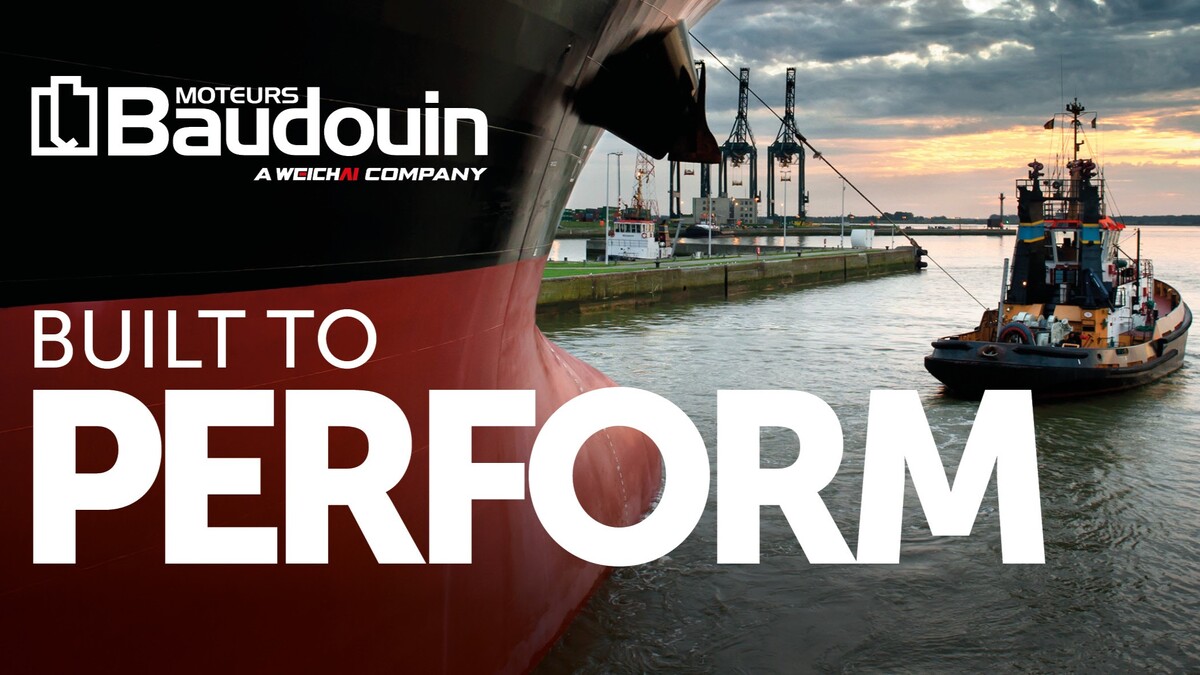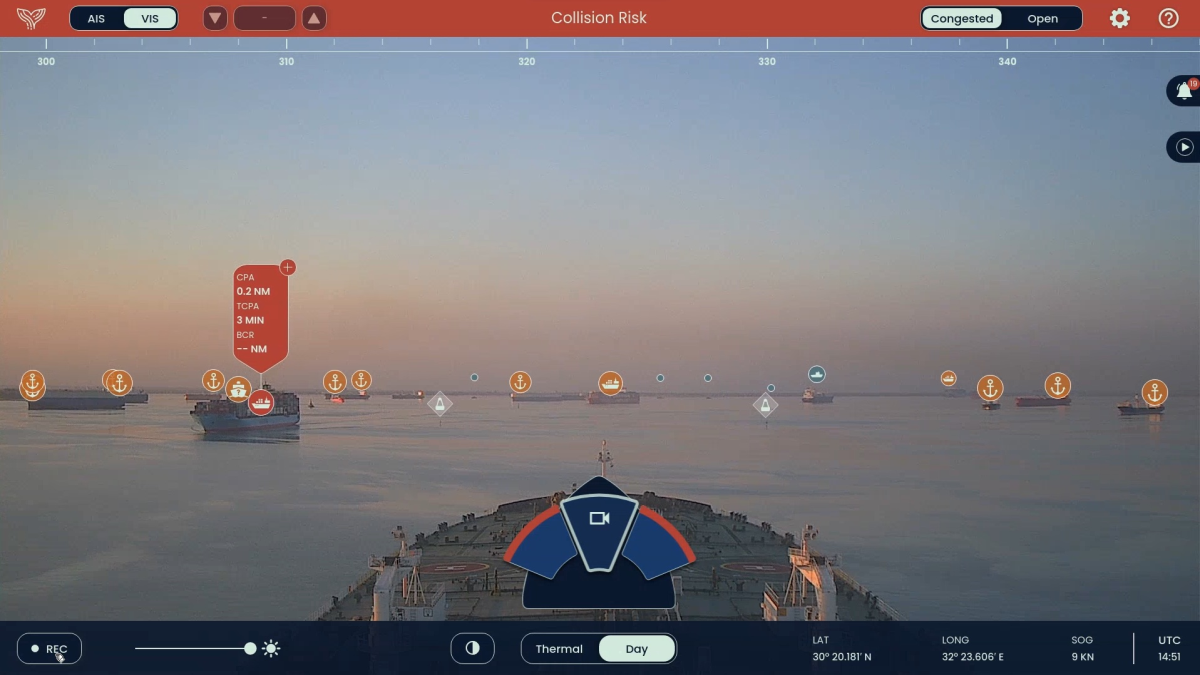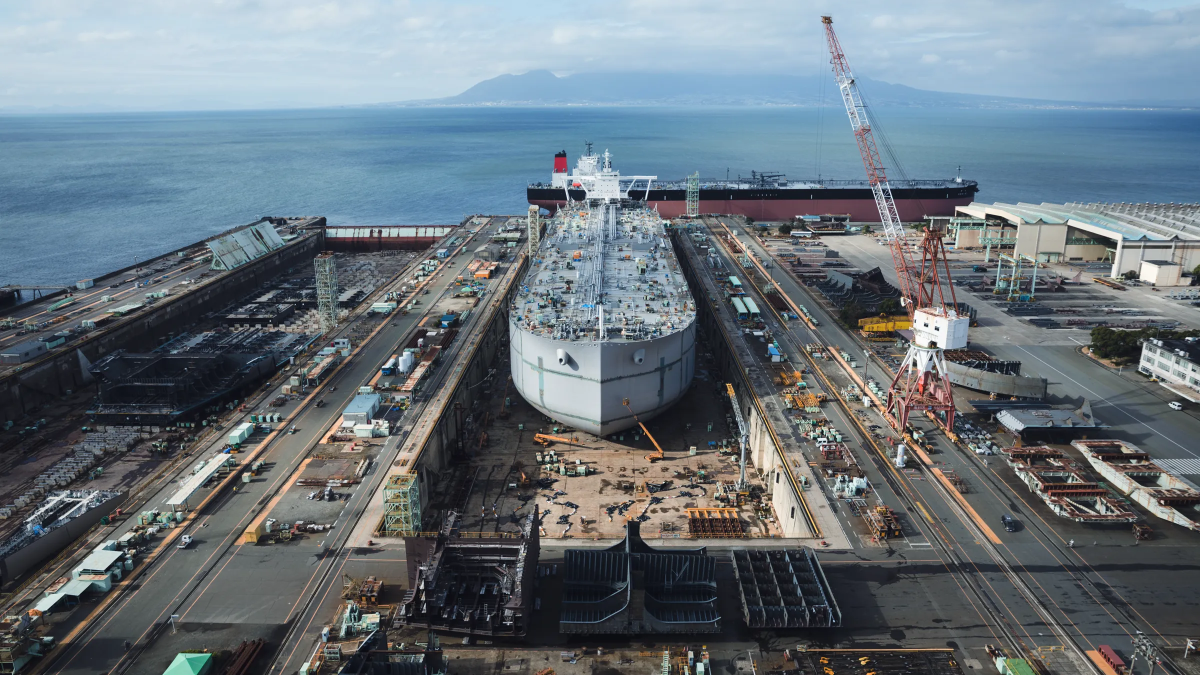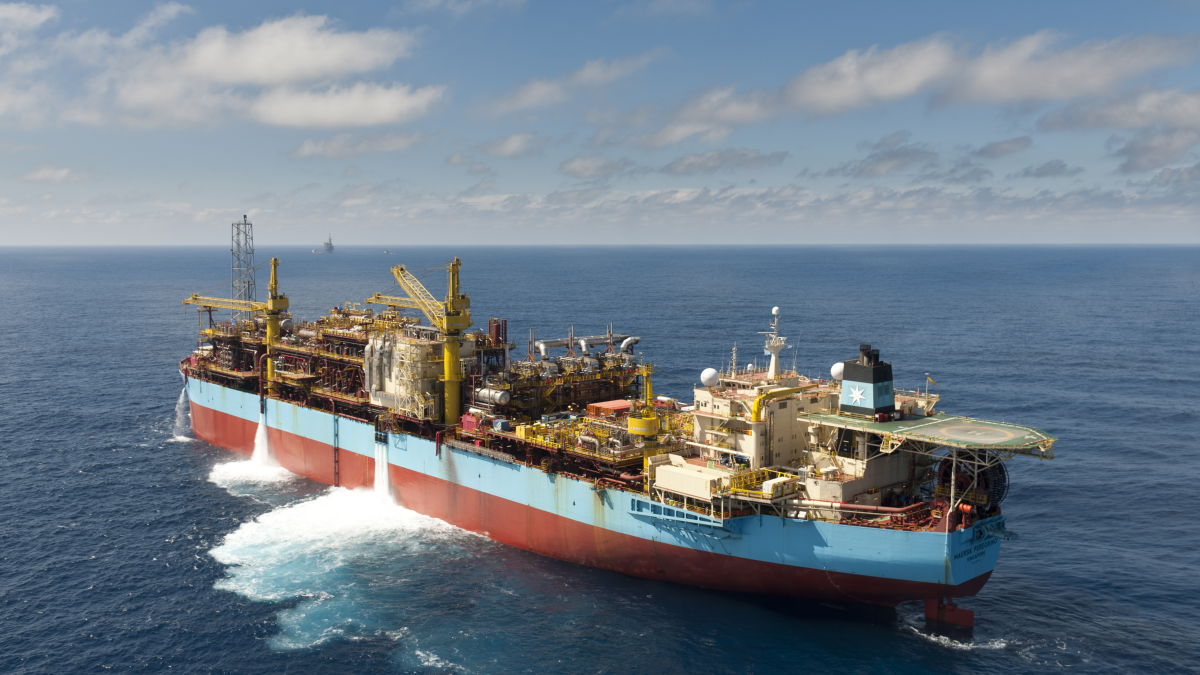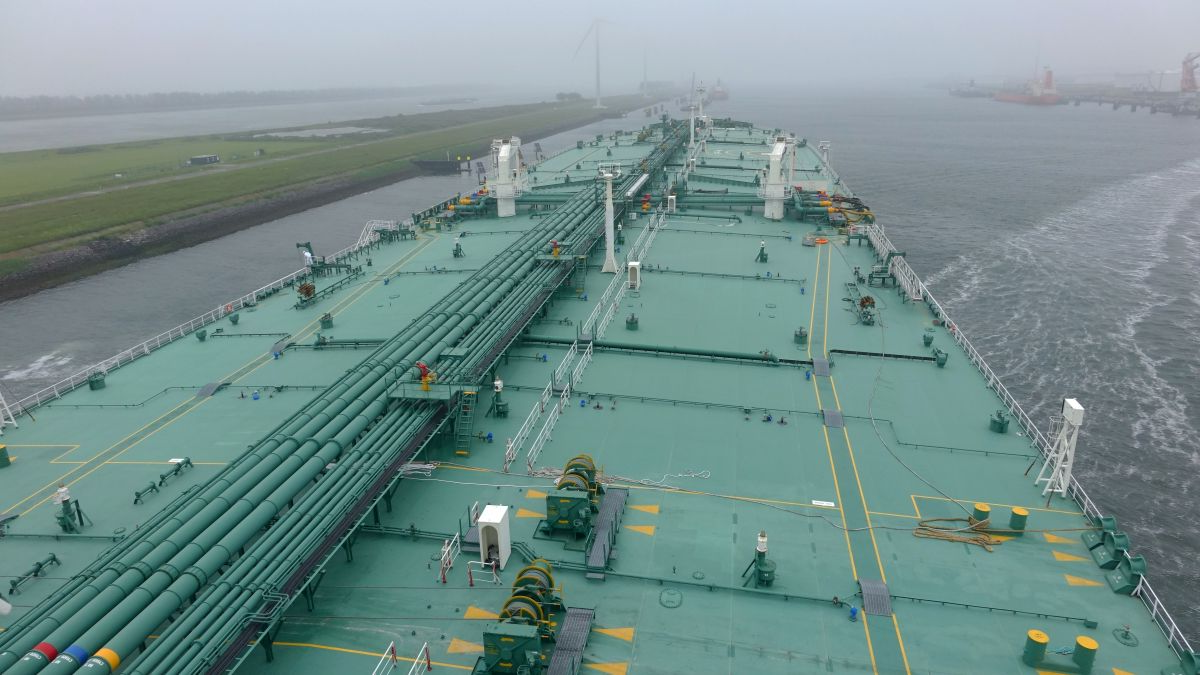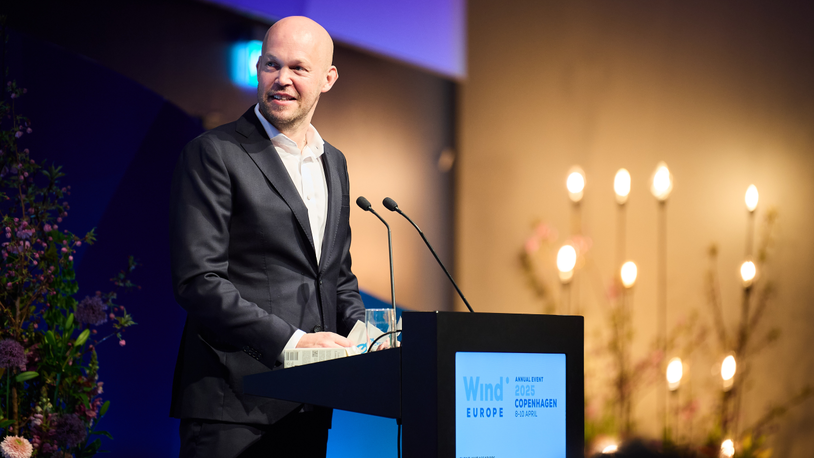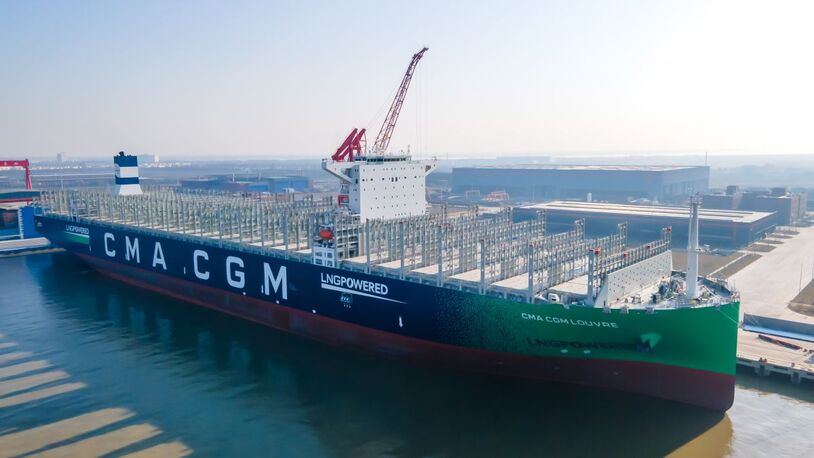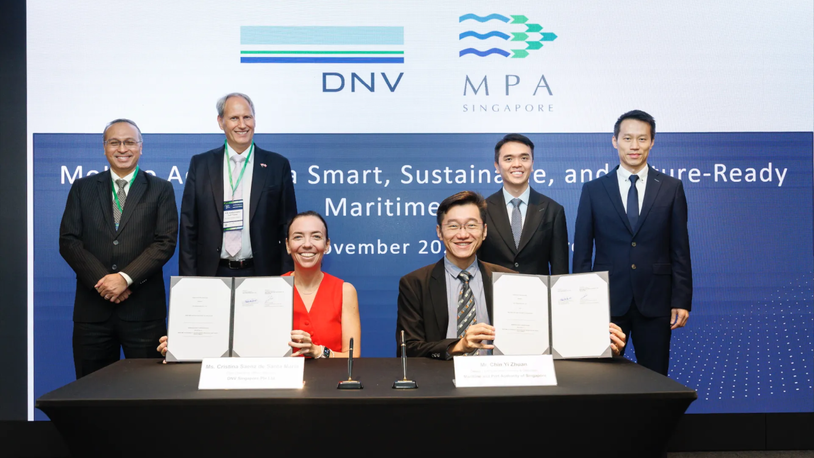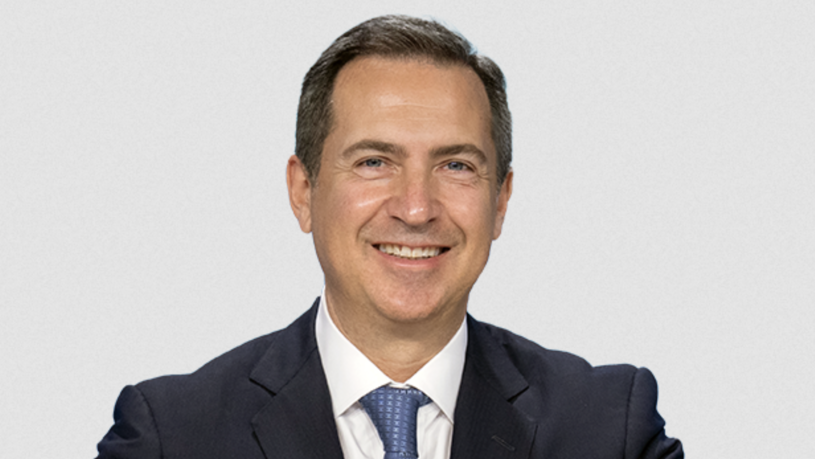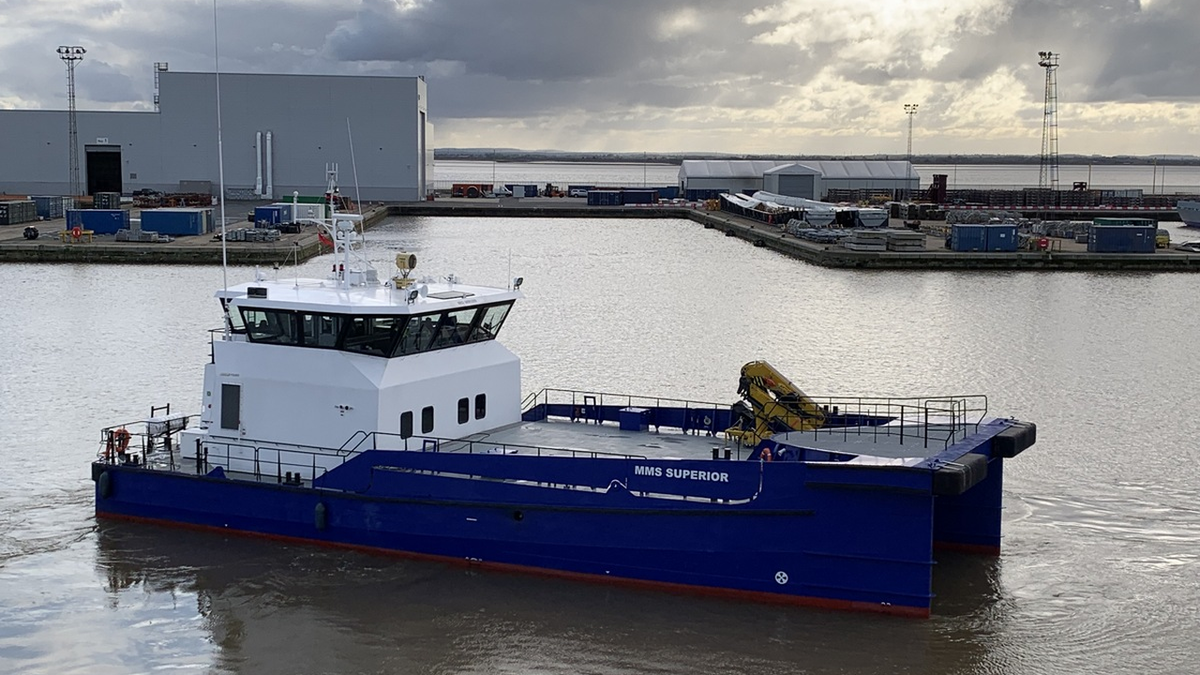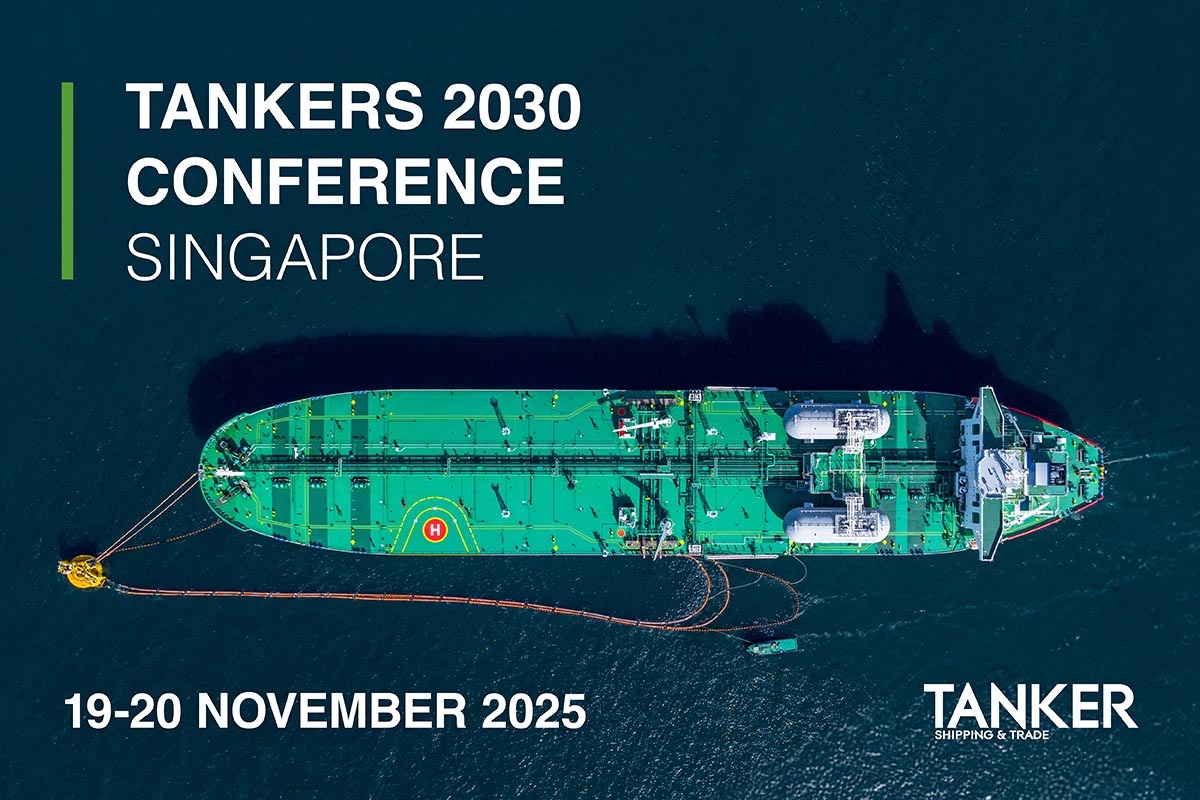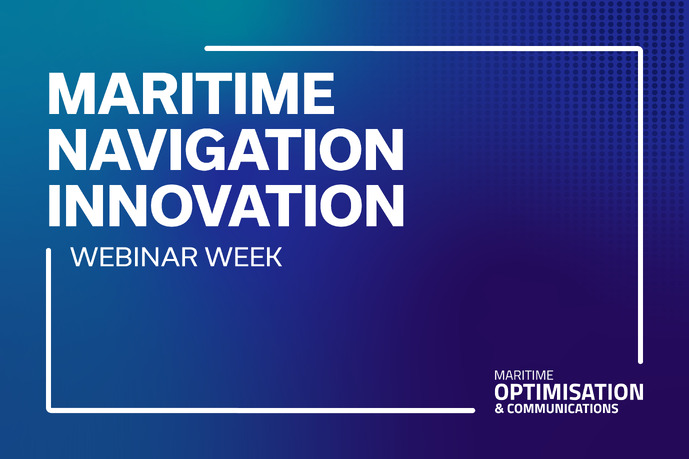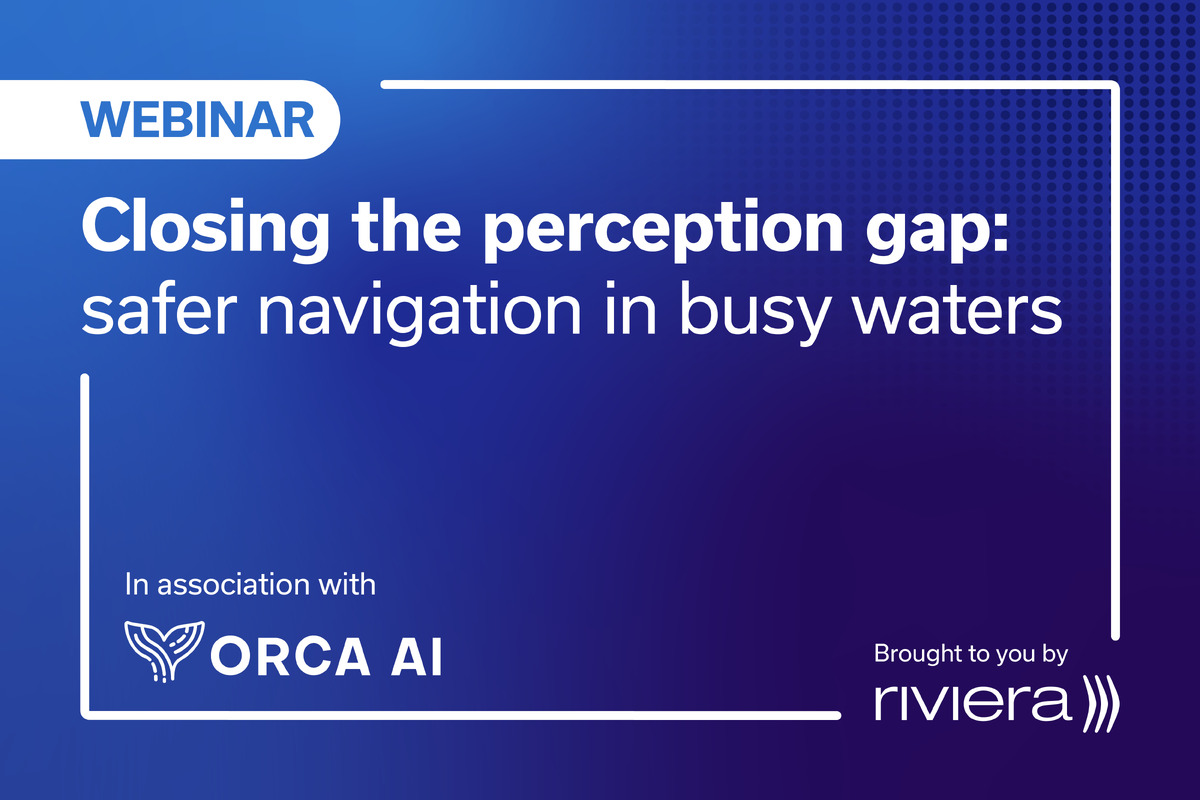Business Sectors
Contents
Register to read more articles.
Japanese group to trial autonomous ship navigation
Japanese shipping conglomerate NYK Group subsidiary MTI has moved to the next phase of developing and testing artificial intelligence (AI) technology for autonomous ships and navigation
It has teamed up with Japan Marine Science Inc and Tel Aviv, Israel-based Orca AI to test fully autonomous navigation.
MIT and Japan Marine Science are spearheading the Designing the Future of Fully Autonomous Ships Plus (DFFAS+) programme which is the next phase of the MEGURI 2040 development project, administered by the Nippon Foundation.
The MEGURI 2040 project, launched in 2020, is striving to reach full-scale commercialisation of fully autonomous ship technology by 2025.
This will help to address a growing shortage of skilled crew in Japan due to the ageing population and difficulty in retaining skilled personnel for coastal shipping.
According to the Nippon Foundation, this “lack of experienced crew has created an acute need to mitigate the risk of human errors in navigation, which could potentially result in maritime accidents.”
The first phase of MEGURI 2040 culminated in May 2022 with the successful autonomous trial voyage of 749-gt NYK shortsea container ship Suzaku in congested waters off Japan’s east coast.
For this trial, the 95-m ship undertook a 790-km round-trip journey, starting and ending in Tokyo Bay while equipped with Orca AI’s automated watchkeeper to replace the human lookout.
Phase two of the MEGURI 2040 project will focus on demonstrating remote ship-shore operations using four different vessel types including a newbuild container ship equipped with a fully autonomous operation system, an existing container ship, roro vessel, a ship serving remote islands equipped for partial autonomous operations, and two fleet operation centres.
“Following the successful completion of the DFFAS project, we continue to develop autonomous navigational capabilities on the journey towards full autonomy,” said MTI director Hideyuki Ando.
“Orca AI’s advanced AI and computer vision technology have already proven to be key enablers of the safety of autonomous navigation, and we look forward to leveraging this cutting-edge technology in the DFFAS+ project.”
During the 2022 trial, Suzaku achieved 40 hours of navigation with complete autonomy, or about 98% of the voyage between Tokyo Bay and the port of Tsumatsusaka in Ise Bay.
Data from the integrated display was live-streamed to the fleet operations centre in Tokyo, with the ship performing 107 collision avoidance manoeuvres and avoiding up to 500 other vessels during the voyage.
“The DFFAS is an important milestone on the way to making autonomous shipping a reality,” said Orca AI chief executive and co-founder Yarden Gross.
“We are excited to be part of phase two of the project. MTI and Orca AI’s shared approach of collaborative innovation, out-of-the-box thinking and a ‘nothing is impossible’ mindset are the basis of this strong partnership. This collaboration will bring us closer to a future of fully autonomous navigation,” he said.
CO2 Shipping & CCS Conference, Asia will be held in Singapore on 4 September 2023. Use this link to register interest and get more details on this key industry event
Related to this Story
Events
International Bulk Shipping Conference 2025
Tankers 2030 Conference
Maritime Navigation Innovation Webinar Week
© 2024 Riviera Maritime Media Ltd.

